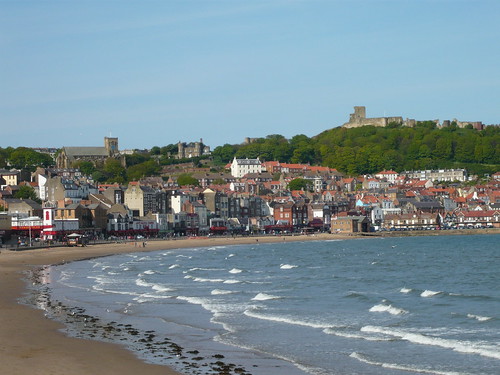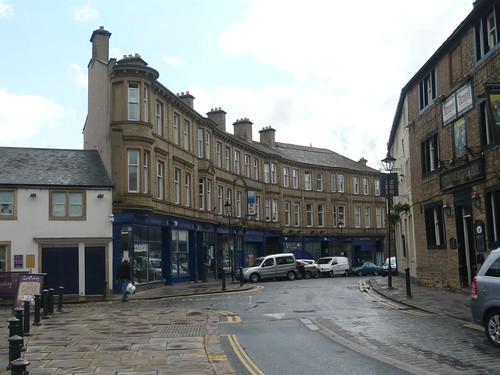Fred Trueman’s last recording talks about cricket and life in the Dales in his own unique style on this Fathers Day CD.
For the first time in a longtime Yorkshire cricket club seem to be ‘framin’ and it would have been interesting to know what Fred would have made of our current exploits.
20 Twenty cricket was played in the local evening leagues for decades, long before it became a money raising venture, and I think FST’s comments about this subject would have been slightly on the caustic side.
My favourite Fred story was, as you may expect, dragged out as a long tale but I will edit it drastically and hope he isn’t able to breath fire down on me.
The scene was an Ashes test with England fielding .. ‘and I went back to my mark and hurtled into the wicket, a rap on the pads, Howzat? One for none. I went back to my mark and hurtled into the wicket and the bails were off, two for none. Then in came the great Sir Don Bradman. I went back to my mark and hurtled into the wicket, the ball was in the air, a fantastic catch on the long on boundary, three for three hundred and seventy six.
Told by a bowler with a stammer you were amused long before the punchline.


























